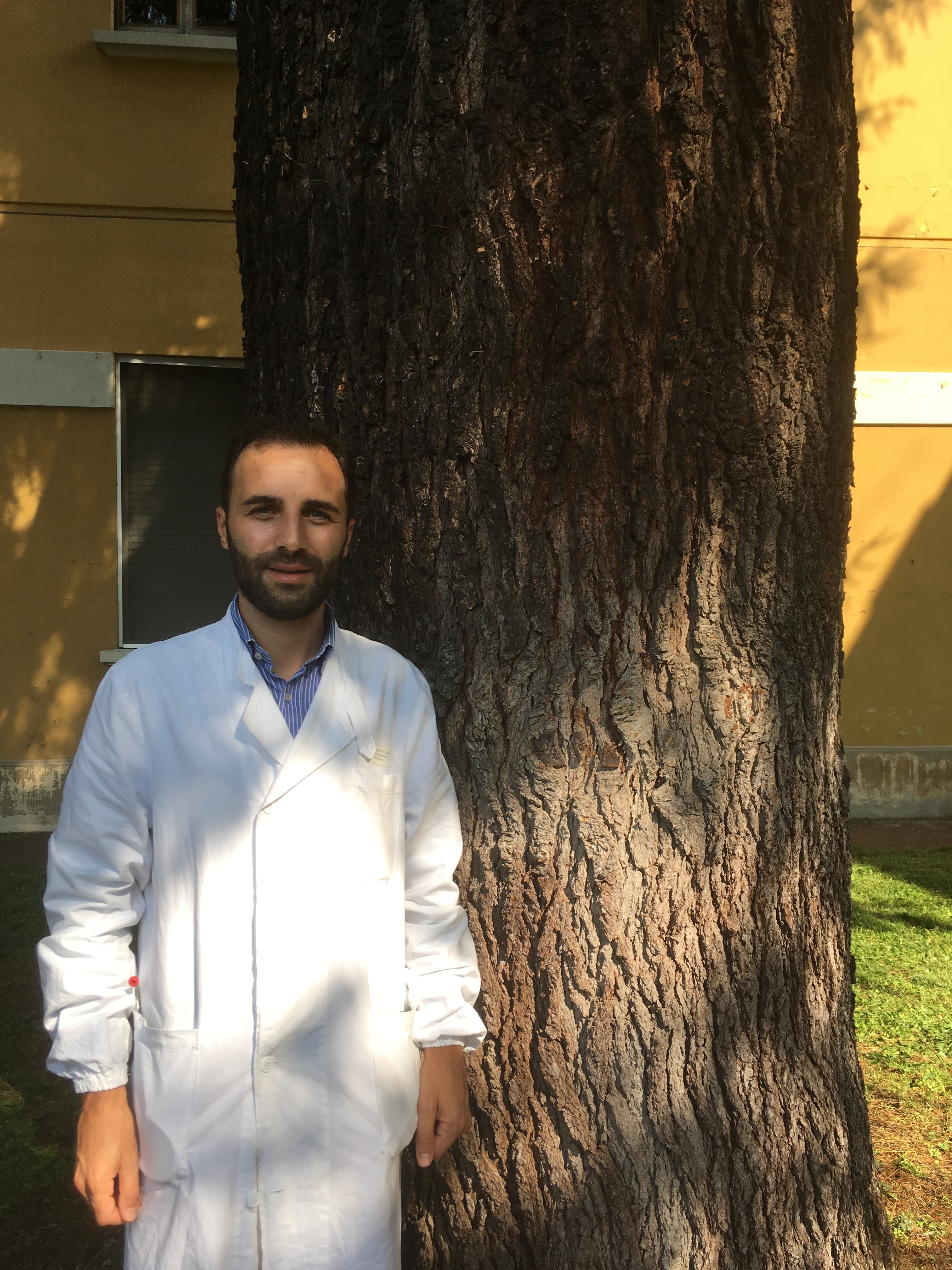Interview: The role of the microbiome in haematology
The microbiome is crucial for immunity, metabolic homeostasis, and protection from pathogens. What about its role in haematological diseases?
Translated from the original Italian version.
esanum: How does the microbiome's dysbiosis contribute to the pathogenesis of haematological diseases?
Gut microbiome dysbiosis refers to an imbalance in the composition and function of microbes in the body. The gut microbiome has been shown to play a crucial role in maintaining the function of the immune system. Hence, an alteration in the composition or function of the microbiome can adversely affect the function of the immune system and contribute to an increased susceptibility to haematological diseases.
Research on the interaction between the microbiome and haematological diseases is an evolving field, and much of the available evidence is based on preclinical or observational studies. Studies in mouse models have shown an association between specific alterations in the microbiota and increased susceptibility to leukaemia development. Human studies are limited, but some paediatric studies have shown a different composition of the gut microbiome in patients with acute leukaemia compared to the general population.
esanum: Which haematological diseases can intestinal dysbiosis be related to?
Gut dysbiosis has been associated with several haematological diseases. However, research in this field is still ongoing as it is not easy to establish causal links between dysbiosis and disease onset. Haematological diseases that have been studied in relation to their association with the gut microbiome include acute lymphoblastic leukaemia, acute myeloid leukaemia, B and T lymphomas, multiple myeloma, and chronic lymphocytic leukaemia.
Dr. Francesco Baccelli. Physician in specialist training and researcher at the School of Specialisation in Paediatrics, Alma Mater Studiorum, University of Bologna, IRCCS, Policlinico Universitario Sant'Orsola.
esanum: Are there specific microbial signatures or patterns associated with the various types of haematological malignancies?
Different microbial patterns have been associated with different types of haematological malignancies, although studies in this area are still limited. For example, in patients with non-Hodgkin's lymphoma, reduced microbial diversity and an increase in bacteria of the genus Bacteroides was found. Reduced diversity and relative abundance of bacteria of the genus Fusobacterium are found in patients with multiple myeloma. In patients with acute myeloid leukaemia, the presence of certain bacteria, such as Enterococcus faecalis, has been reported to be associated with increased resistance to chemotherapy and a poor prognosis.
In the context of haematopoietic stem cell transplantation, several evidences suggest that the composition of the gut microbiome before transplantation and at the time of take may influence clinical outcome. For instance, a high abundance of bacteria of the genus Enterococcus was associated with a higher incidence of graft versus host disease (GVHD), while the genus Blautia showed a protective role.
esanum: Can dysbiosis also interfere with the effectiveness of therapy (e.g. with chemotherapy, immunotherapy, stem cell transplantation) and thus have an impact on patients' clinical conditions?
Yes, gut dysbiosis can influence the effectiveness of a therapy. The gut microbiome may interact with drugs used in haematological therapy and may influence the response to treatment. This has been studied in different types of therapies used in haematological malignancies. The composition of the microbiome can influence the effectiveness of chemotherapy, as gut bacteria can interact with chemotherapy drugs, affecting their bioavailability and metabolism. In addition, some bacteria can produce enzymes that inactivate chemotherapy drugs, reducing their efficacy.
Gut dysbiosis can influence the response to immunotherapy, as demonstrated for immune checkpoint inhibitors and, more recently, for CAR-T cells. The role of the gut microbiome has been much studied in haematopoietic stem cell transplantation, where gut dysbiosis may increase the risk of post-transplant complications such as graft versus host disease (GVHD) or infections. A favourable composition of the gut microbiome also seems to be associated with a better post-transplant outcome in terms of overall survival and appears to contribute to adequate post-transplant immune reconstitution.
esanum: Are there specific strategies to modulate the microbiome in haematological disorders?
Microbiome modulation has been investigated as a possible therapeutic approach to improve the efficacy of haematological therapies. The reconstitution of a 'healthy' microbiome can help restore microbial homeostasis and promote a favourable immune response to treatment. Several strategies have been studied, the main ones being the use of probiotics, prebiotics and nutritional measures (e.g. the use of enteral nutrition and lactose-free food during transplantation).
The correct use of antibiotics is also crucial, given their strong impact on the composition of the gut microbiome. Recently, faecal microbiota transplantation is finding more and more indications. It involves the transfer of faeces from a healthy donor to a patient with dysbiosis, with several potential uses, especially in transplantology, from the therapy of intestinal GVHD, to its use for preventive purposes in transplanted patients, to the eradication of multi-resistant bacteria.
Dr. Carlo Zaninetti. PhD, Specialist in Internal Medicine and researcher at the Institute of Transfusion Medicine, University of Greifswald (Germany). Member of the International Scientific Societies EHA (European Haematology Association) and ISTH (International Society on Thrombosis and Haemostasis).

